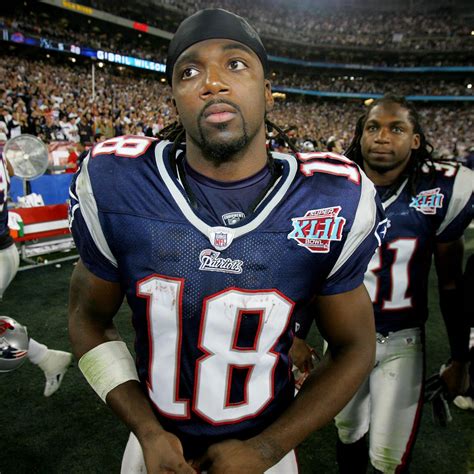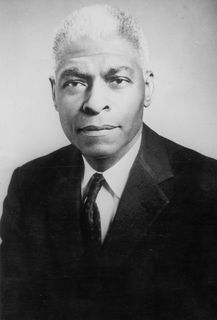A Quote by Paul Bremer
The loss of innocent life is a tragedy for anyone involved in it, but the numbers are really very low.
Related Quotes
I think whenever you go through something of that nature, you get to see who's really on your side and who's really there for you. That happened in my case. And it really let me understand that no matter how small of a decision you make, it's going to have a subsequent action or reaction, and something that started out very innocent turned into the tragedy that it was.
But the main point is that soldiers, after fighting for some time, are apt to be like burned-out cinders. They have shot off their ammunition, their numbers have been diminished, their strength and their morale are drained, and possibly their courage has vanished as well. As an organic whole, quite apart from their loss in numbers, they are far from being what they were before the action; and thus the amount of reserves spent is an accurate measure on the loss of morale.
I don't know why people don't want to talk about their numbers. I guess in a sense, there's a bit of performer nudity, a bit of ego nudity when you expose your numbers, I guess because someone's are higher or someone's are lower. I've never really talked about the numbers with anyone, so maybe I'm not supposed to.
The tragedy of the people of Palestine is that their country was “given” by a foreign power to another people for the creation of a new state. The result was that many hundreds of thousands of innocent people were made permanently homeless. With every new conflict their numbers increased. How much longer is the world willing to endure this spectacle of wanton cruelty?











































